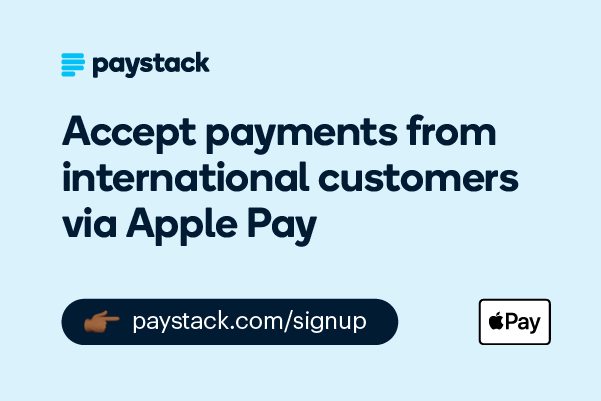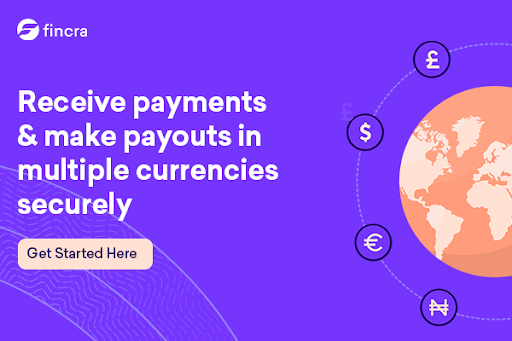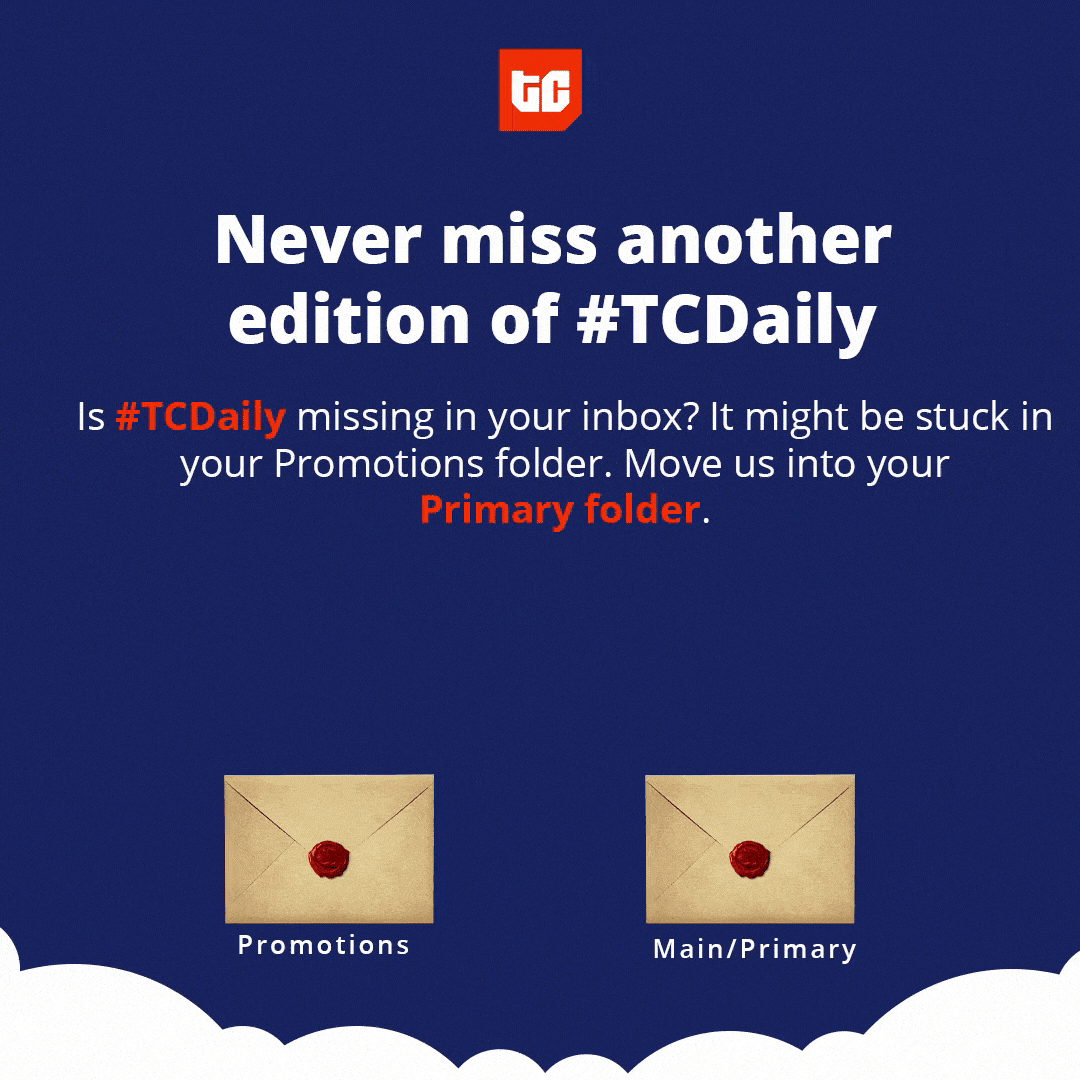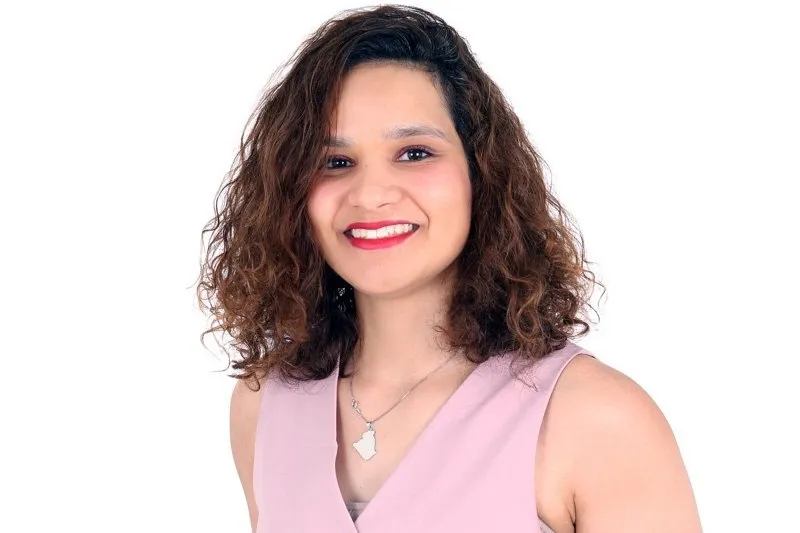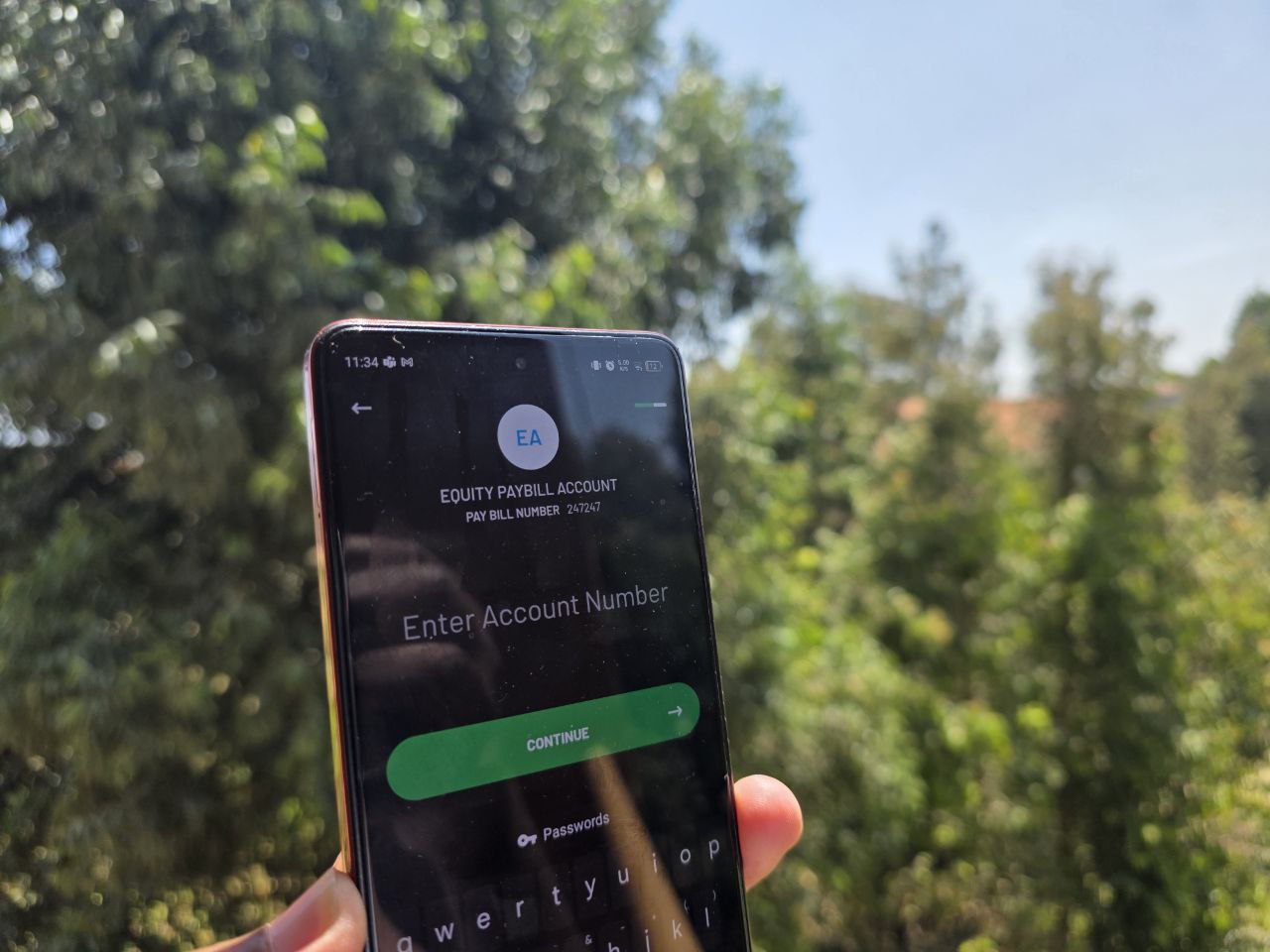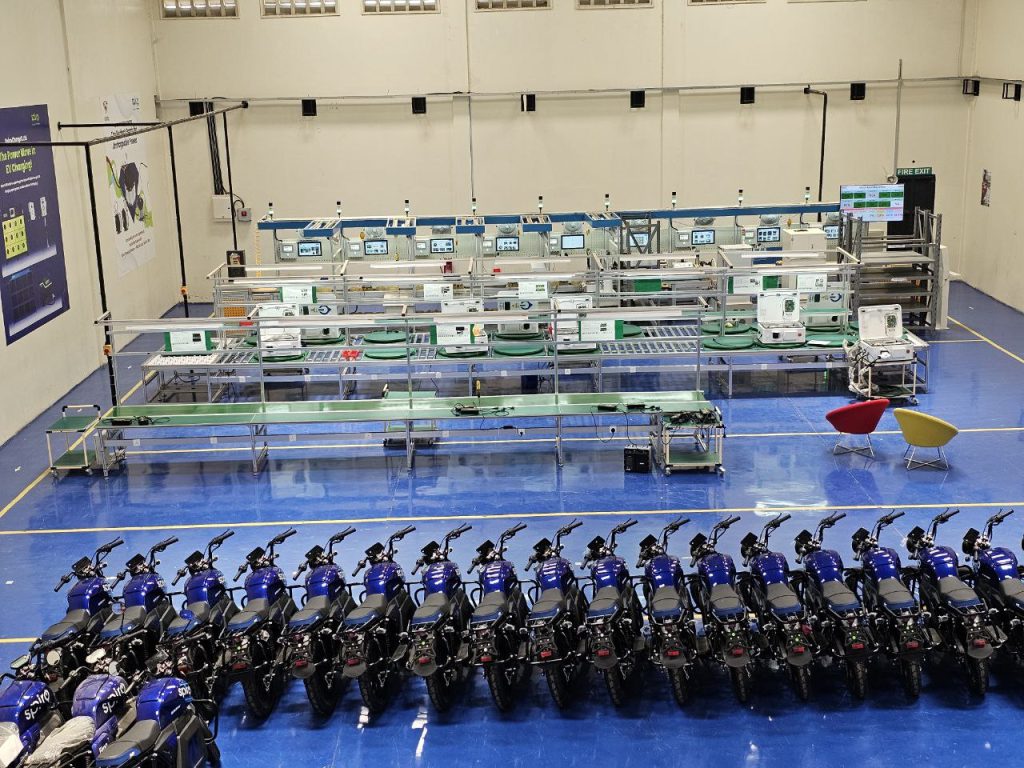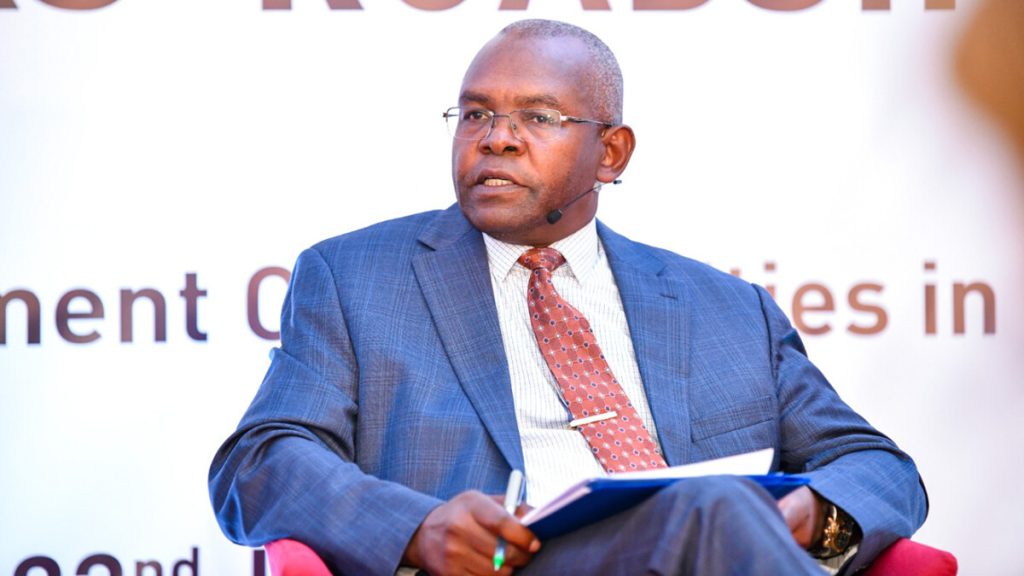
IN PARTNERSHIP WITH



Good morning 🌄
Should civility have a place in online expression of freedom of speech?
Five South African judges have ruled no. In a recent ruling, the five judges ruled in favour of doxing—non-consensual posting of phone numbers, addresses, photos or names of private individuals online.
In the case, the judges ruled that if the information shared can be gotten through Google search, then it’s not exactly doxing because Google search results are easily accessible.
Supreme Court of Appeal judges Mathopo, Zondi, Plasket, Mbatha, and Unterhalte also explained that freedom of expression does not require politeness. “A court should not act as a censor to determine how best persons might speak,” they found.
This certainly seems like a win but there are so many underlying issues but they seem ethical in nature. What say you?
In today’s edition
- What driving a Tesla in Lagos looks like
- Oracle’s new data centre
- Censoring the internet with Google
- Event: TC Live
- Tech Probe
- Opportunities
WHAT DOES DRIVING A TESLA IN LAGOS LOOK LIKE?

Every time a picture of an electric vehicle being driven on African soil shows up on social media, a popular recurring sarcastic comment from many Nigerians is that electric cars generally shouldn’t be used on the continent yet.
So about a year ago, we put out a tweet asking to find out if this was true from someone who regularly used an electric car. After 3 retweets, 2 likes, and a lot of asking around, we found one.
What did we find out?
A whole lot.
The maximum household rate of power in Lagos is about ₦32/kWh according to the Ikeja Electricity Distribution Company (IKEDC). To estimate how much it costs to charge a Tesla Model X’s battery, we multiply it by the size of the battery: 100 KW. This means the cost of charging the battery fully is ₦3,200 ($6). This can take the car for a week or two or even a month depending on your driving habits. While a similar fossil-fuel-powered car one with a V8 engine will demand about ₦50,000 ($90) per week on fuel.
Another thing that counts in favour of the Tesla is that it has fewer moving parts (about 150 parts) compared to a fossil-fuel-powered car which has 30,000 parts if you count all parts down to the nuts and bolts. If you consider large parts such as the engine as one part, it comes down to about 1,800 separate parts. Fewer parts mean fewer parts that can go broken.
That’s not all. In this article, Daniel digs deeper into the battery life and mileage of the car as well as how it survives bad roads.
ORACLE’S NEW DATA CENTRE

In Africa, internet penetration stands at 26% but this number is set to increase significantly by 2030.
Adoption rates have increased over the past five years with countries like Kenya growing from 16% in 2014 to 27% in 2019.
Faster penetration rates may be coming within the next few years, and one of the omens is the increase in cloud data centres. Oracle—the world’s largest database company—has just opened its first cloud region in Africa.
Side-bar: Cloud regions are physical locations where public cloud resources are stored. Think of them as huge stations with mega hard drives that process and store data. Your cloud region also decides what features of a website or app you’ll get.
Interestingly, there are not a lot of cloud regions on the continent. Google, for example, has 29 active regions scattered across the globe but none in Africa.
Oracle had 36 regions, and its launch of the data centre in South Africa, makes it Oracle’s 37th cloud region worldwide with plans to have at least 44 cloud regions by the end of 2022.
The move is supported by a survey by the International Data Centre (IDC) which shows that 60% of organisations in South Africa, Kenya and Nigeria are planning to adopt cloud over the next 12-18 months. This implies that they’ll need the data centres that are close to them in order to experience the lowest levels of latency.
Oracle joins other global players like Microsoft and Amazon who already have data centres on the African continent.
Accept international payments from your customers in the USA, UK, Canada, and 60+ countries using Pay with Apple Pay.
👉🏾 Create a free Paystack account to get started.
This is partner content.
CAN GOOGLE BE FORCED TO CENSOR CONTENT?

Speaking of freedom of speech, here’s news that may leave you speechless. An Australian court’s ruling may force Google to censor content on the internet.
Oh, what’s up?
Well, in 2016, George Defteros—an Australian lawyer—asked Google to take down a 2004 article on The Age which featured news about his implication in the death of three men. Defteros had been charged to court but the charges were later dropped. The problem is, The Age’s article made it seem like Defteros was guilty, and Defteros found that defamatory.
Google refused to take down the article from its search results, citing that it was from a reputable source. Defteros in turn sued Google for defamation for $40,000. In 2020, Defteros won. Google tried to get the ruling overturned but the court declined.
Now…
The company is explaining that the ruling could mean that future courts will ask it to censor articles on its search engines, which it should not be liable for.
“A hyperlink is not, in and of itself, the communication of that to which it links,” the company explains. If the 2020 judgment stands, Google claims it will make it “liable as the publisher of any matter published on the web to which its search results provide a hyperlink”.
Basically, it means that Google could be liable for whatever is published on any website, and to mitigate this risk, they’ll have to clamp down on search engine results (bye-bye SEO 👋🏿).
Big picture: There have been a few similar cases where courts ruled in favour of Google but it appears that the clamp down on content is slowly extending outside social media to other parts of the web.
EVENT: TC LIVE
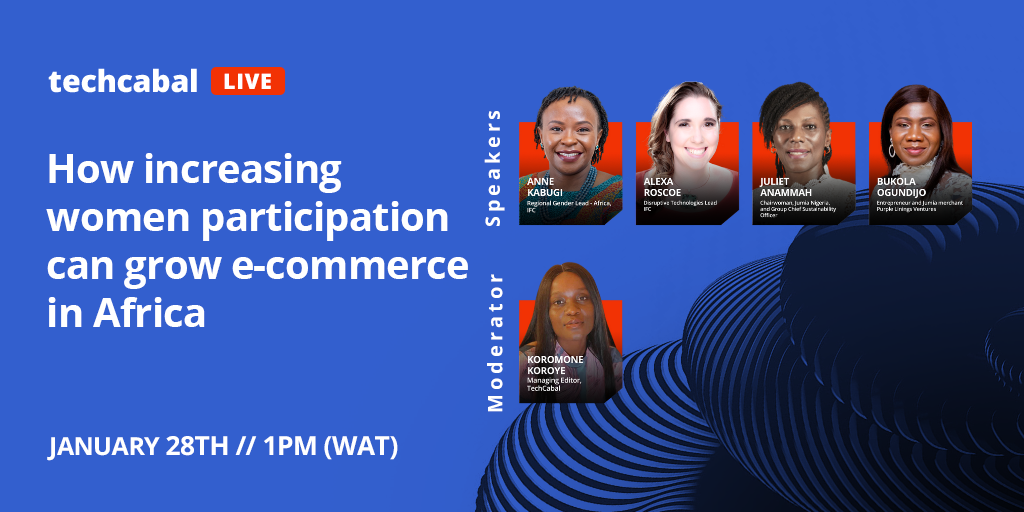
The IFC predicts that addressing the gender disparity in African e-commerce will add nearly $15 billion to the continent’s economy by 2030.
How deep is the gender disparity in African e-commerce, and what is the role of e-commerce platforms, policymakers, investors and development actors in bridging it? Apart from the value add, what are the potential long-reaching impacts?
Join us for a one-of-a-kind session this Friday, Jan 28 at 1 PM (WAT) where we discuss with an elite panel of experts across the industry:
- Juliet Anammah – Chairwoman, Jumia Nigeria and Group Chief Sustainability Officer
- Alexa Roscoe – Disruptive Technology Lead (Gender and Economic Inclusion Group), IFC
- Anne Kabugi – Regional Gender Lead – Africa (Gender and Economic Inclusion Group), IFC
- Bukola Ogundijo- Founder, Purple Linings Ventures (Entrepreneur & seller on Jumia platform)
- Mercy Wanjau – Director, Legal and Board Secretary, Communications Authority of Kenya (Keynote speech)
The event will be moderated by TechCabal’s Managing Editor, Koromone Koroye.
Register now to attend.
Quidax makes it easy to buy, sell, send, and store bitcoin (BTC), USDT, ethereum (ETH), and other cryptocurrencies. You can also use Quidax’s API to offer cryptocurrency services to your customers.
Get started by creating a free Quidax account here.
This is partner content.
TECH PROBE

Timi: You want me to pay them for my own attention?
Bright: No, think of it as paying for content, like buying books or subscribing to Netflix.
Timi: Lol, no. I’m a premium engaged subscriber please, they should be the ones paying for my attention.
Bright: I’m done with you.
What do you think? Share your thoughts on Twitter, Instagram, or just respond to this mail. We’d love to hear from you.
OPPORTUNITIES
- The Urban Innovative Challenge for Emerging Cities is now open to applications from entrepreneurs building real-world urbantech solutions. Early-stage startups and teams based in Lagos, Nairobi and Kigali can apply to get the opportunity to become Technology Pioneers at the World Economic Forum, and $25,000 worth of AWS credits. Build here.
- The L’Oreal African Hair and Skin Research Grant is open to African researchers and dermatologists studying hair and skin physiology. The €20,000 ($22,000) grant will be awarded to one researcher who is pursuing research that serves the African community, raising awareness and providing guidelines for hair and skincare. Hair them out.
- The Digital Transport for Africa (DT4A) Innovation Challenge is now open to enterprises focused on improving and implementing sustainable mobility of the transport sector on the continent. Selected applicants will be awarded $30,000 to implement new initiatives. Race to the finish line.
Fincra is a payment infrastructure that provides fintechs, online platforms, and global businesses with reliable payment solutions for quick collections and payouts in different currencies. You can gain access to Fincra’s payments platform or integrate their APIs for seamless payments processing.
This is partner content.
What else we’re reading
- Next Wave: Big Tech’s super app potential in Africa
- The chaotic #NairaLife of a facility manager who’s out of a job.
- Nothing is sacred: These apps reserve the right to sell your prayers.
- Partech has launched an accelerator to help European startups expand to Africa.
- Could recent changes at Y Combinator make Africa’s early-stage investors think longer term?
- Is Tumblr on the road back to relevance?










